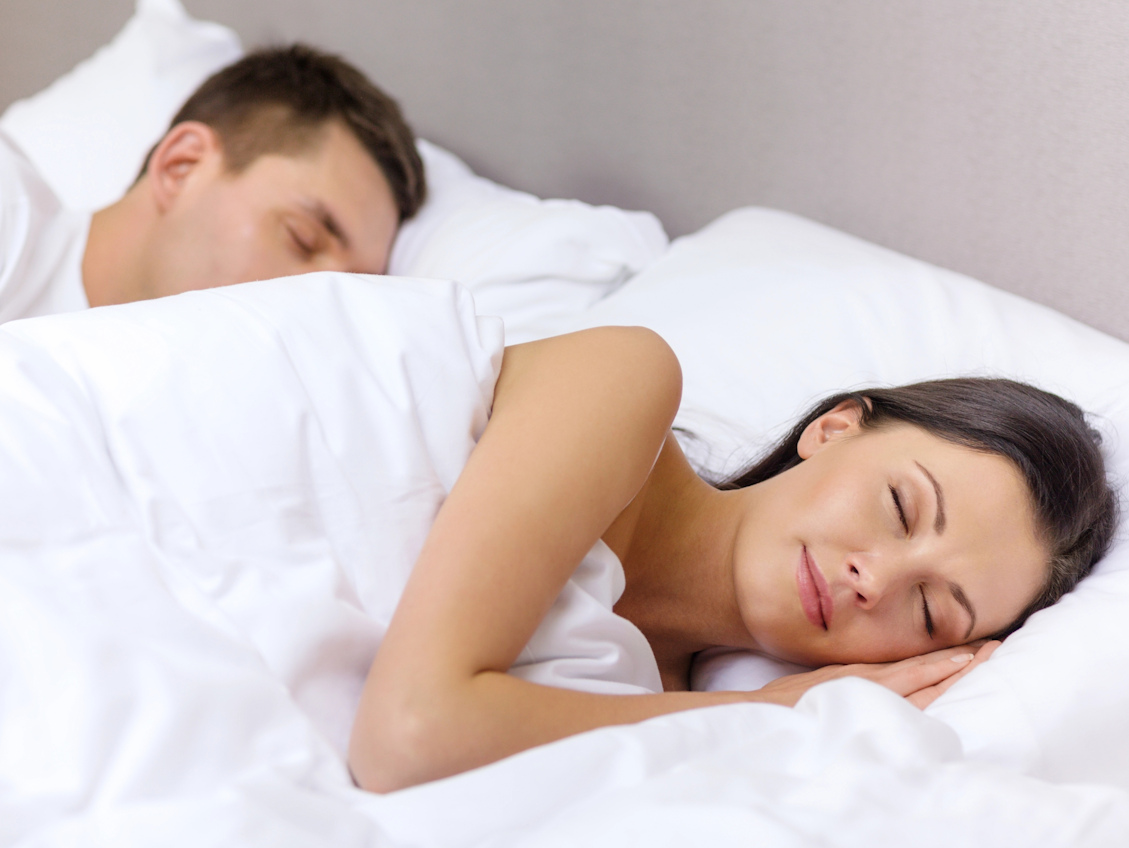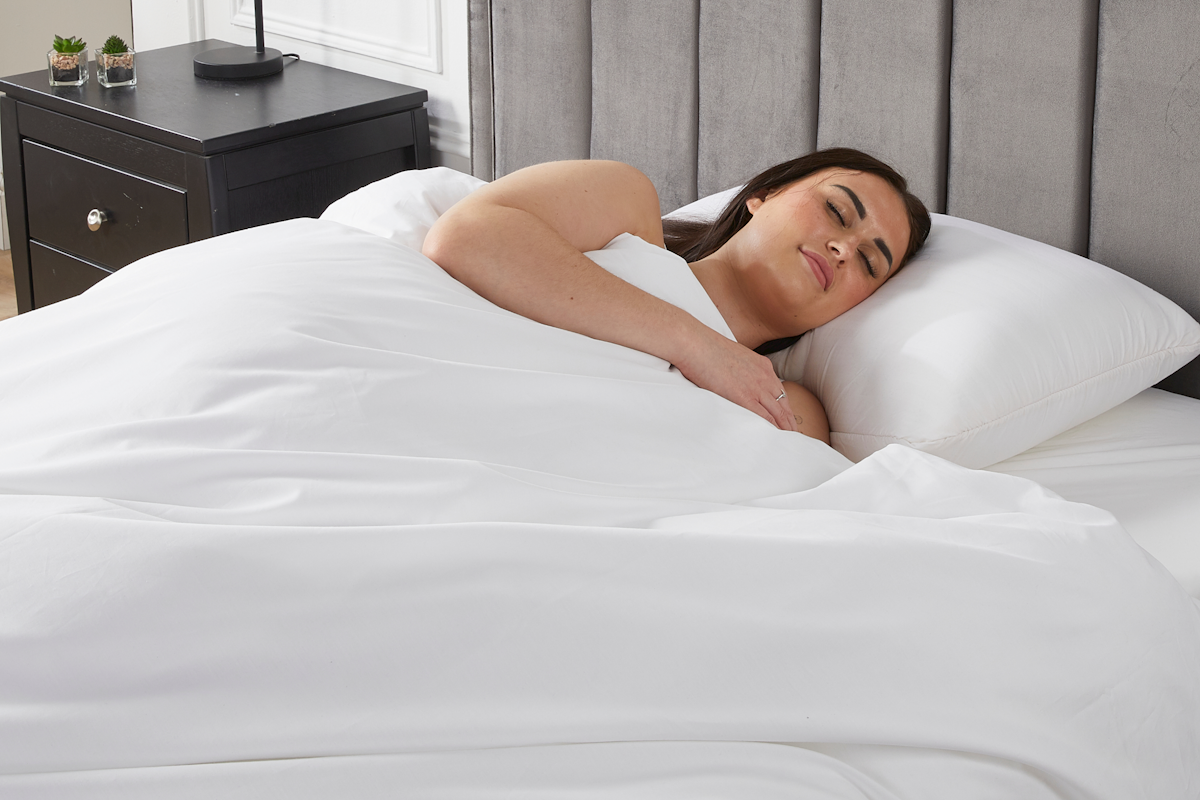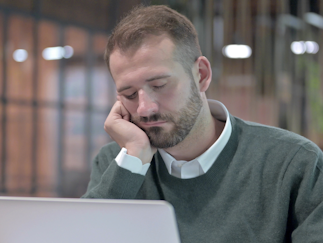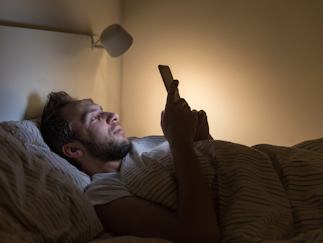07 Oct 2025

Men vs Women: Who Sleeps Worse, According to the Data?
13 Oct 2025
Sleep is something we all need, but not everyone experiences it the same way. A recent YouGov study on the UK’s sleep habits reveals some fascinating differences between men and women. From the time we go to bed to how quickly we nod off, the data shows clear contrasts that shed light on who might be struggling more when it comes to getting a good night’s rest.
Key Takeaways
-
Men are more likely to delay bedtime and describe themselves as night owls, often linked to late-night device use.
-
Women report greater difficulty falling asleep and higher rates of disrupted rest, even if they go to bed earlier.
Bedtime Patterns: Men Push Later, Women Aim Earlier
The survey shows that men are more inclined to stay up late, with 13% admitting they go to bed at 1 a.m. or later, compared with only 8% of women. Men are also more likely to describe themselves as “night owls” (46%) than women (43%). While the difference may look small on paper, these late nights add up — and are often fuelled by extended phone use or evening screen time.
Women, on the other hand, are more likely to keep to earlier bedtimes, yet this doesn’t necessarily translate into better sleep. The fact that women are often juggling more daytime responsibilities may partly explain why they prioritise getting into bed earlier, even if quality rest doesn’t always follow.
Falling Asleep: A Bigger Challenge for Women
When it comes to drifting off, women appear to struggle more. According to the data, 11% of women say they always have difficulty falling asleep, compared with 6% of men. More broadly, women report higher levels of restlessness, suggesting that while men may shorten their sleep by going to bed later, women often experience disrupted sleep once they’re there.
This highlights the importance of bedtime routines that promote calm — from reducing screen use to optimising bedding and bedroom comfort.

Attitudes Toward Sleep: Men Undervalue It More
Perhaps one of the most surprising findings is how men and women view sleep itself. Nearly a third of men (31%) said they would give up sleep if they could, while only 18% of women felt the same way. This points to men undervaluing rest as a key part of their health, even though the consequences of poor sleep — from fatigue to long-term health risks — affect everyone.
Women, by contrast, are more likely to see sleep as a necessity rather than a nuisance. This difference in attitude could partly explain why women report being more attentive to sleep hygiene, even if the quality of their sleep still suffers.
Who Really Sleeps Worse?
So, do men or women sleep worse? The data suggests the answer isn’t simple. Men tend to sabotage their rest with later nights and undervaluing sleep, while women are more likely to battle with insomnia and disrupted patterns. In short, both genders face unique challenges — and neither is immune to poor sleep.
The good news? By paying attention to habits, routines, and sleep environments, both men and women can improve the quality of their rest. After all, a night of deep, restorative sleep is something we can all benefit from — no matter who we are.


